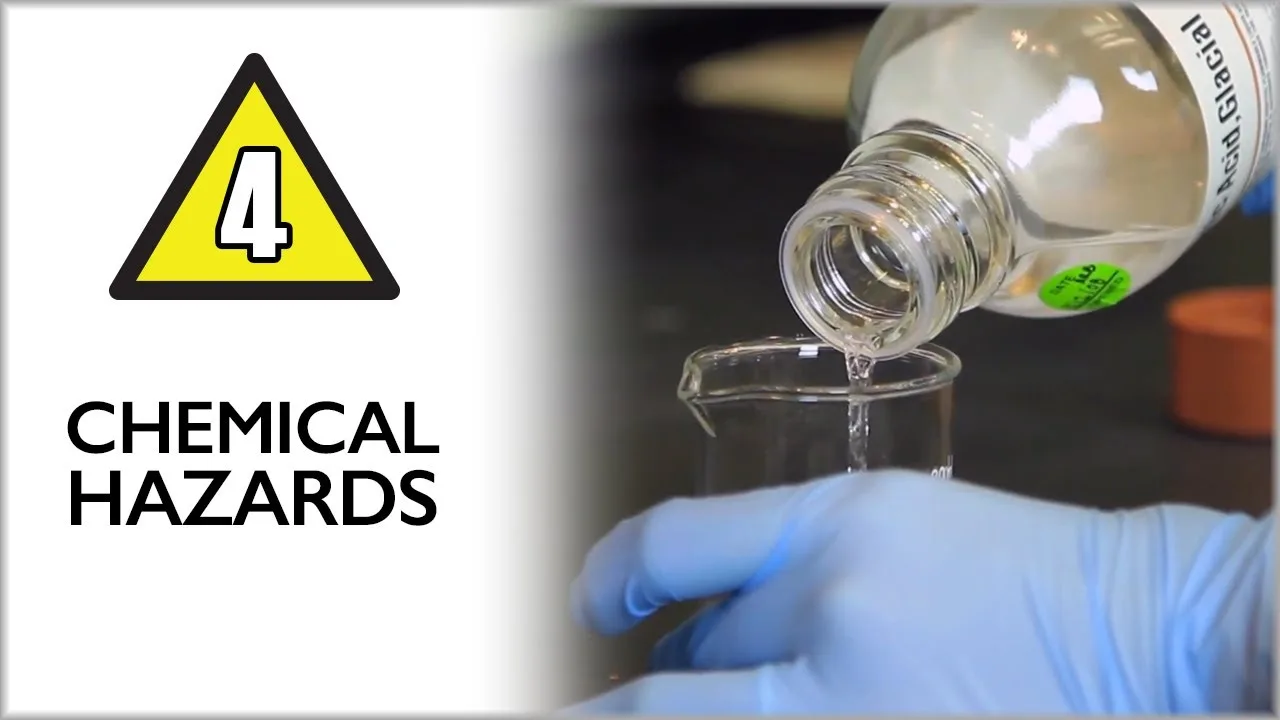Chemicals are an undeniable part of our modern world, intertwined with everything from life-saving medicine to everyday cleaning products. While they offer numerous benefits, their improper handling can pose significant risks to human health and the environment. To ensure safe interactions with chemicals, understanding and implementing essential safety practices is crucial.
The Importance of Chemical Safety:
Maruti Suzuki Swift 2024: Booking, features, launch date and price
2024 Bajaj Pulsar 125: Powerful bike with powerful updates!
Chemical safety encompasses all practices and procedures aimed at minimizing the potential harm caused by exposure to chemicals. This encompasses not only safeguarding individuals handling them directly but also protecting the surrounding environment and communities.
Exposure to hazardous chemicals can occur through various routes, including inhalation, ingestion, skin absorption, and eye contact. These exposures can lead to a range of acute and chronic health effects, impacting everything from the respiratory system to the nervous system. Additionally, improper disposal of chemicals can pollute air, water, and soil, disrupting ecosystems and harming wildlife.
Fundamental Principles of Chemical Safety:
Several key principles form the foundation of chemical safety:
-
Hazard identification and risk assessment: Recognizing the inherent dangers of chemicals and assessing the potential risks associated with their use is essential. This involves understanding factors like the chemical’s toxicity, flammability, and reactivity. Safety Data Sheets (SDS) provide valuable information about specific chemicals and should always be consulted before use.
-
Personal Protective Equipment (PPE): Utilizing appropriate PPE, such as gloves, goggles, respirators, and lab coats, forms a critical barrier against chemical exposure. Selecting the right PPE depends on the specific chemical and the task at hand.
-
Engineering controls: Implementing engineering control measures can further minimize exposure risks. Examples include using fume hoods for ventilation, employing closed-loop systems for hazardous processes, and installing secondary containment measures for storage.
-
Safe work practices: Following established protocols and safe handling procedures is paramount. This includes working in well-ventilated areas, avoiding unnecessary contact with chemicals, and never mixing chemicals without proper knowledge.
-
Proper storage and disposal: Storing chemicals appropriately, considering their compatibility and reactivity, is essential. Furthermore, safe and responsible disposal of unused or expired chemicals prevents environmental contamination.
Chemical Safety in Everyday Life:
While many safety principles are crucial in professional settings, chemical safety is equally important in everyday life. Common household items like cleaning products, paints, and personal care products often contain chemicals that require responsible handling. Here are some everyday tips:
- Always read and understand the product label before use.
- Store chemicals in their original containers and out of reach of children and pets.
- Never mix household chemicals, as this can create dangerous reactions.
- Dispose of unused or expired chemicals in designated collection centers, never down the drain or in the trash.
Conclusion:
Chemical safety is a shared responsibility, requiring awareness and action from individuals, workplaces, and governing bodies. By implementing best practices and fostering a culture of safety, we can minimize the potential harm caused by chemicals and ensure a healthier environment for ourselves and future generations.
Note: This response is approximately 480 words. You can expand on specific aspects like the Globally Harmonized System of Classification and Labelling of Chemicals (GHS) or explore specific examples of hazardous chemicals and their safe handling practices for a more comprehensive understanding.



